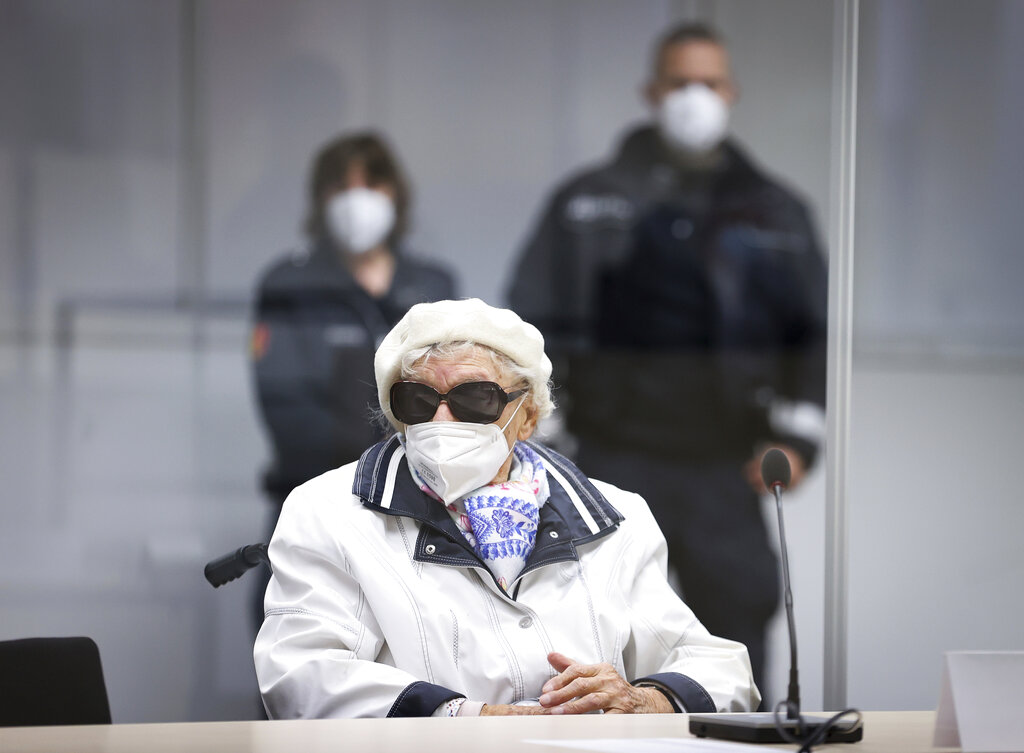The Federal Republic of Germany did not hold proper trials for war crimes committed by the Nazi government, German media outlets suggest. Some of the perpetrators are still being convicted today, one such example is the verdict against a secretary in Stutthof concentration camp near Gdańsk. She was convicted on Wednesday for accessory to murder of over 10,500 persons by a district court in Itzehoe.
German commentators admit that there was a tendency in West Germany after 1945 to forget instead of holding the past to account.
An important step towards properly settling with the past were the Frankfurt Auschwitz trials in 1963, initiated by a Hessian prosecutor-general Fritz Bauer. This, however, did not change the general way of thinking, noted the portal of the German ARD Television.
Later in the 1960s, the Federal Court of Justice ruled with regard to Auschwitz that in order to sentence the former Auschwitz personnel, there must be evidence of the murders they helped in, ARD pointed out. However, finding such evidence is almost impossible in the context of mass murders in the concentration camps, which is why many cases were discharged by prosecutors.
According to researchers, only 42 persons were trialed out of the 10,000 German personnel in Auschwitz. Just nine got life sentences.
In 2011, a Munich court’s ruling finally changed the situation, according to ARD. Ivan Demianiuk was convicted of accessory to murder, with the court arguing that his presence in the Sobibór extermination camp as well as knowledge about the murders were enough to convict him.
Since then, trials and convictions against former concentration camp personnel are becoming increasingly common.
Only the “new generation of judges and procurators were capable of this,” wrote Sueddeutsche Zeitung, adding that the current trials are “an extremely late, but necessary protest against barbarism.” Currently, the last investigations regarding the perpetrators are being conducted. The Prosecutor’s Offices in Coburg, Ravensbrueck and Neuruppin are looking for evidence against three former concentration camp guards.
All of the cases, commentators point out, are increasingly often turning into a race against time, due to advanced age of potential culprits.






